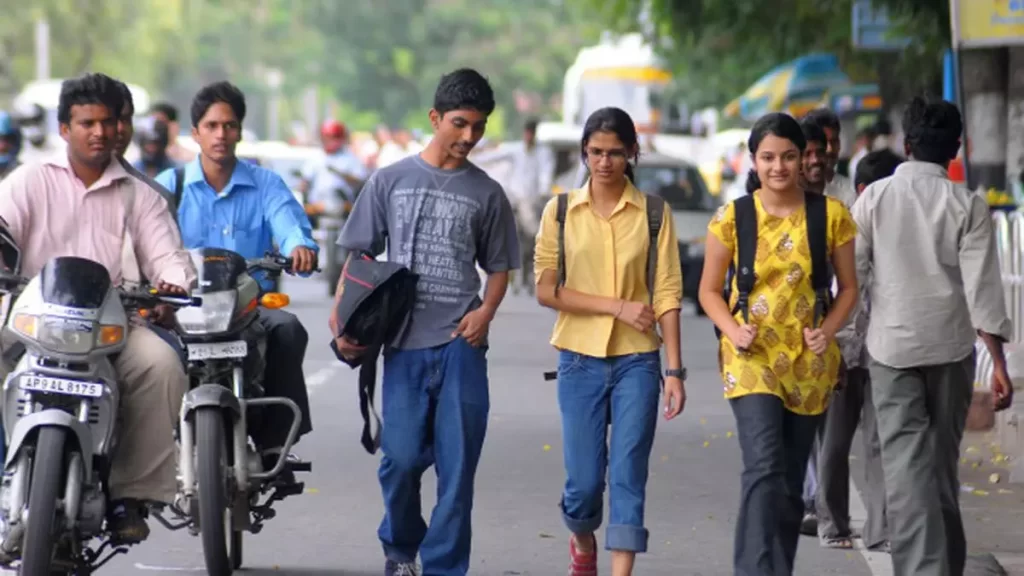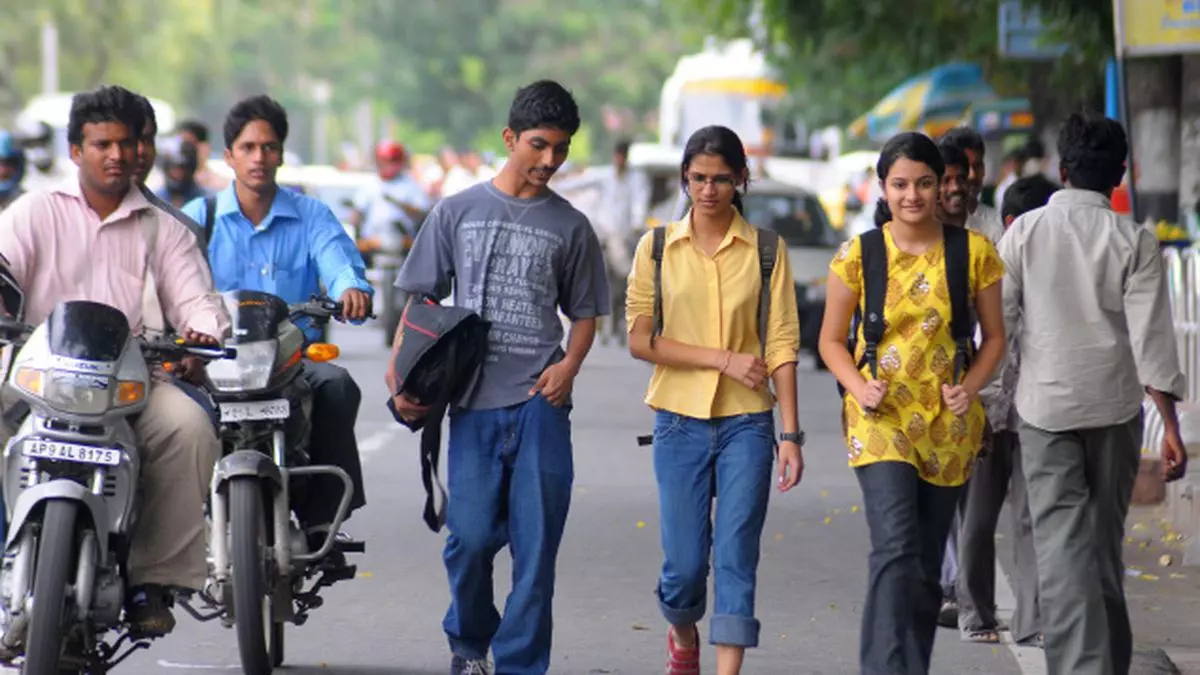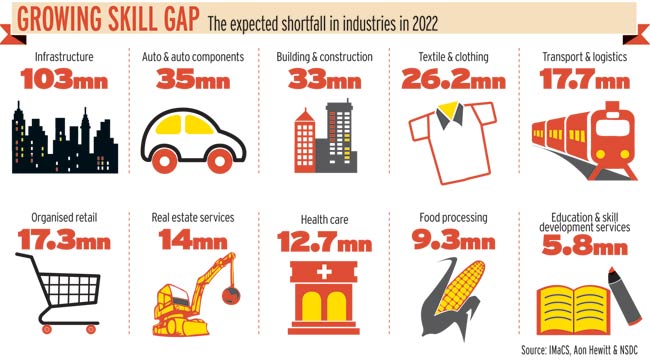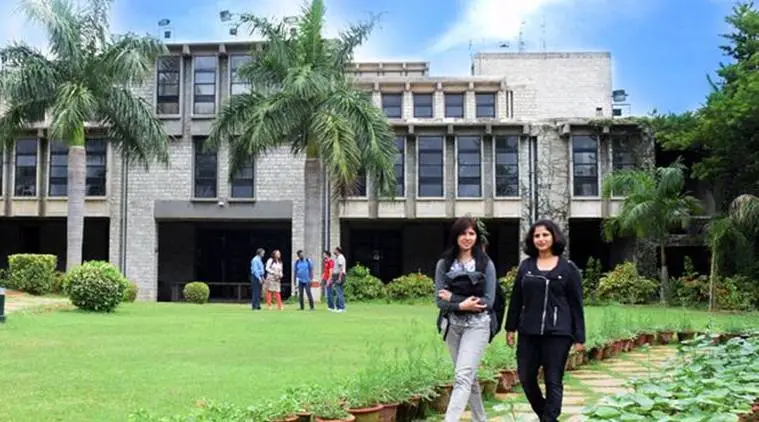“Skill Gap Crisis: How Job Market Changes Threaten Less-Educated Indians”
In India, the rapid evolution of job markets driven by technological advancements is putting less-educated individuals at significant risk of falling behind. As automation, artificial intelligence, and digitization transform industries, the demand for skilled workers with advanced education and training is soaring. Unfortunately, many less-educated Indians find themselves ill-prepared for these changes, leading to increased unemployment and underemployment in this demographic.

For instance, the manufacturing sector, traditionally a source of employment for many with minimal education, is increasingly relying on automation. Machines are replacing routine manual tasks, and the remaining jobs often require specialized skills to operate and maintain advanced machinery. A report by McKinsey Global Institute highlighted that up to 375 million workers worldwide might need to switch occupational categories by 2030 due to automation, with India being no exception.
Educational institutions and training centers across India are acutely aware of this issue. Mr. Anil Sahasrabudhe, Chairman of the All India Council for Technical Education (AICTE), stated, “It is imperative that our education and training systems evolve to equip students with the necessary skills to thrive in the future job market. This includes not only technical skills but also critical thinking, creativity, and adaptability.”
Colleges and training institutes are stepping up to address this gap. For example, the National Skill Development Corporation (NSDC) has launched various initiatives to provide vocational training and upskilling programs. Institutes like the Industrial Training Institutes (ITIs) are introducing courses in emerging fields such as renewable energy, robotics, and cybersecurity.
However, challenges remain. Access to these educational opportunities is often limited in rural areas where the majority of less-educated Indians reside. Moreover, cultural attitudes towards education and skill development need to shift to emphasize lifelong learning and continuous skill acquisition.
In conclusion, as India’s job market undergoes significant changes, less-educated individuals are at risk of being left behind. It is crucial for policymakers, educational institutions, and industry leaders to collaborate in creating accessible and relevant educational opportunities to ensure that all Indians can participate and thrive in the future economy.
#SkillDevelopment #SMEIdentification #JobMarketIndia #WorkforceTraining #FutureOfWork #EmploymentTrends #VocationalTraining #IndianEconomy #Upskilling #EducationAndEmployment






